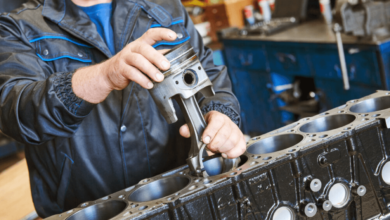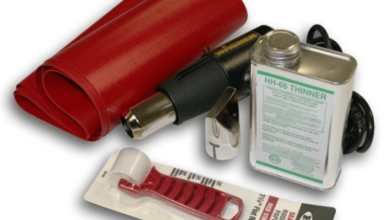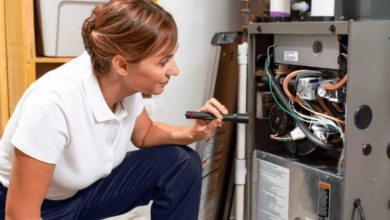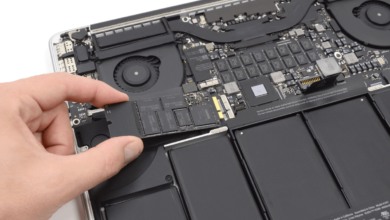Solar Panel Cleaning Brush: Keeping Your Solar Panels Shining Bright
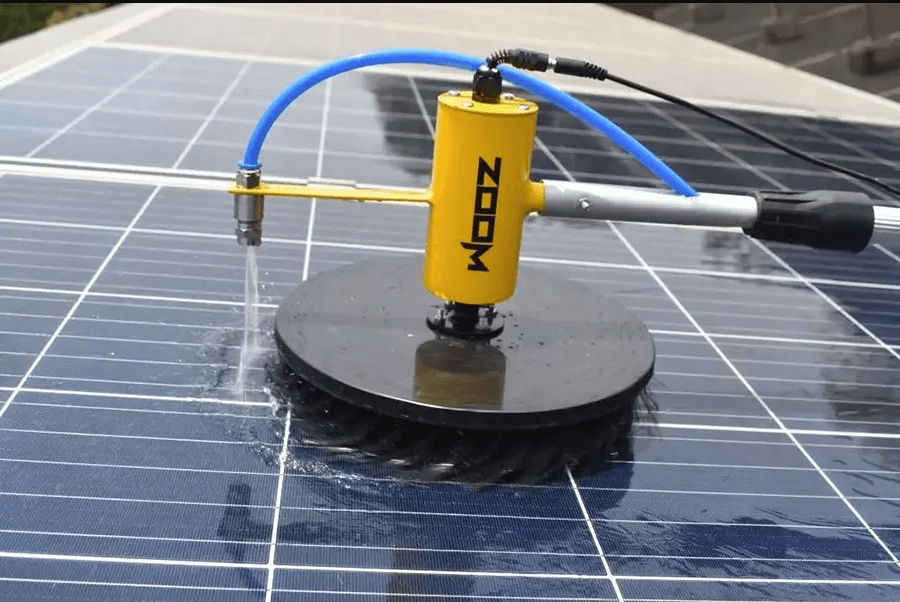
Solar panels have become a popular choice for harnessing clean and renewable energy. They offer an eco-friendly solution to meet our power needs while reducing our carbon footprint. However, to ensure optimal performance and energy efficiency, it is essential to maintain and clean solar panels regularly. In this article, we will explore the benefits of using a solar panel cleaning brush and how it can help you keep your solar panels shining bright.
2. Importance of Solar Panel Maintenance
Regular maintenance of solar panels is essential to ensure their longevity and efficiency.
- Maximize energy production: Clean solar panels can absorb sunlight more effectively, leading to increased energy generation.
- Enhance efficiency: Removing dirt and debris from the surface of solar panels improves their efficiency and output.
- Prolong lifespan: Proper maintenance reduces the risk of damage and extends the lifespan of your solar panels.
3. Understanding Solar Panel Cleaning
Cleaning solar panels involves removing any dirt, dust, or other debris that may have accumulated on the surface. While rain can help wash away some of the contaminants, it is often not sufficient to maintain optimal cleanliness. Therefore, manual cleaning is recommended to ensure the best results.
4. Why Use a Solar Panel Cleaning Brush?
A solar panel cleaning brush is a specialized tool designed to simplify and enhance the cleaning process.
- Efficiency: The bristles of a solar panel brush are specifically designed to remove stubborn dirt and grime without causing any damage to the panels.
- Reach: With the help of an extendable handle, you can easily access solar panels installed on roofs or at higher locations.
- Safety: Using a cleaning brush reduces the need for climbing ladders or risking personal injury while cleaning solar panels manually.
5. Features and Benefits of a Solar Panel Cleaning Brush
When choosing a solar panel brush, consider the following features for optimal cleaning performance:
- Soft bristles: The brush should have soft and non-abrasive bristles to prevent scratches or damage to the surface of the solar panels.
- Telescopic handle: An extendable handle allows you to reach panels at different heights comfortably.
- Water flow attachment: Some cleaning brushes come with a water flow attachment that enables simultaneous cleaning and rinsing.
The benefits of using a solar panel brush include:
- Enhanced cleaning efficiency: The brush’s design and bristles allow for thorough cleaning, removing dirt and grime effectively.
- Increased energy output: Regular cleaning with a brush ensures optimal sunlight absorption, leading to improved energy production.
6. How to Use a Solar Panel Brush
Using a solar panel brush is a straightforward process. Follow these steps for effective cleaning:
- Extend the handle: If your brush comes with an extendable handle, adjust it to the desired length for easy reach.
- Wet the surface: Before cleaning, lightly spray water onto the surface of the solar panels to loosen dirt and debris.
- Brush gently: Using the solar panel brush, gently scrub the surface in a back-and-forth motion to remove dirt and grime.
- Rinse with water: After scrubbing, rinse the panels thoroughly with water to remove any remaining residue.
7. Tips for Effective Solar Panel Cleaning
To ensure effective solar panel cleaning, keep the following tips in mind:
- Clean on a cool day: Avoid cleaning solar panels on hot days to prevent rapid drying of cleaning solutions and leaving streaks.
- Use a non-abrasive cleaner: If necessary, use a mild, non-abrasive cleaner specifically formulated for solar panels.
- Avoid harsh chemicals: Do not use strong chemicals, abrasive materials, or pressure washers, as they can damage the surface of the panels.
- Regular cleaning schedule: Establish a regular cleaning schedule to maintain the efficiency and longevity of your solar panels.
8. Best Practices for Solar Panel Maintenance
In addition to regular cleaning, implementing the following best practices can help you maintain your solar panels effectively:
- Visual inspection: Periodically inspect your solar panels for signs of damage, loose connections, or other issues that may require professional attention.
- Trim nearby trees: If there are trees or branches that cast shadows on your solar panels, trim them to ensure maximum sunlight exposure.
- Monitor energy production: Keep track of your solar panel’s energy production to identify any significant changes that may indicate maintenance needs.
9. Common Mistakes to Avoid
When cleaning and maintaining your solar panels, be aware of these common mistakes to avoid:
- Using abrasive materials: Avoid using abrasive materials or harsh chemicals that can scratch or damage the surface of the panels.
- Ignoring safety precautions: If you are cleaning panels installed on a rooftop or at a height, always prioritize safety and use appropriate equipment.
- Skipping regular maintenance: Neglecting regular maintenance can lead to decreased efficiency and potentially costly repairs in the long run. Read more…
.
10. Frequently Asked Questions (FAQs)
Q1: How often should I clean my solar panels? Cleaning frequency depends on various factors, including your location and the amount of dust or debris in the area. Generally, cleaning them once every three to six months is recommended.
Q2: Can I use a regular brush or sponge to clean my solar panels? It is best to use a specialized panel cleaning brush with soft bristles to avoid scratching the panels. Regular brushes or sponges may not be suitable for the task.
Q3: Can I clean solar panels while they are still generating electricity? It is recommended to turn off the solar panel system before attempting to clean them. This ensures safety and prevents any potential electrical hazards.
11. Conclusion
Regular cleaning and maintenance are crucial for keeping your solar panels operating at their peak efficiency. By investing in a solar panel cleaning brush and following the proper cleaning techniques outlined in this article, you can ensure that your solar panels continue to generate maximum energy while prolonging their lifespan.


